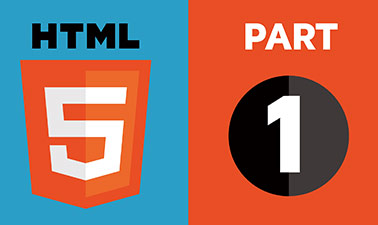News
Talks and Appearances

2016-08-26 (26 AUG)
2016-09-14 (14 SEP)
2016-09-24 (24 SEP)
2016-11-16 (16 NOV)
Petroleum retail opportunities with the web
by Bernard Gidon
Schiphol, The Netherlands
2016-11-21 (21 NOV)
Events 
-
2016-09-12 (12 SEP) – 2016-09-14 (14 SEP)
Berlin, Germany
-
2016-09-19 (19 SEP) – 2016-09-20 (20 SEP)
Berlin, Germany
-
2016-09-19 (19 SEP) – 2016-09-23 (23 SEP)
Lisbon, Portugal
-
2016-09-20 (20 SEP) – 2016-09-22 (22 SEP)
Lisbon, Portugal
-
2016-10-19 (19 OCT) – 2016-10-20 (20 OCT)
-
2016-11-08 ( 8 NOV) – 2016-11-11 (11 NOV)
-
2016-11-30 (30 NOV) – 2016-12-01 ( 1 DEC)
Smart Descriptions & Smarter Vocabularies (SDSVoc)
Amsterdam
CWI with support from the VRE4EIC project



